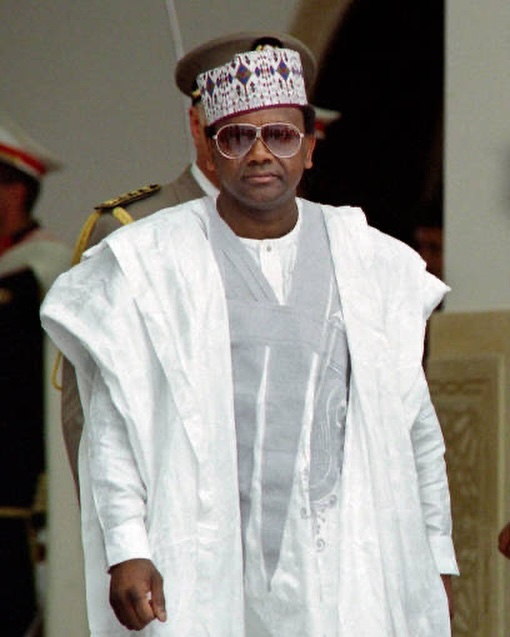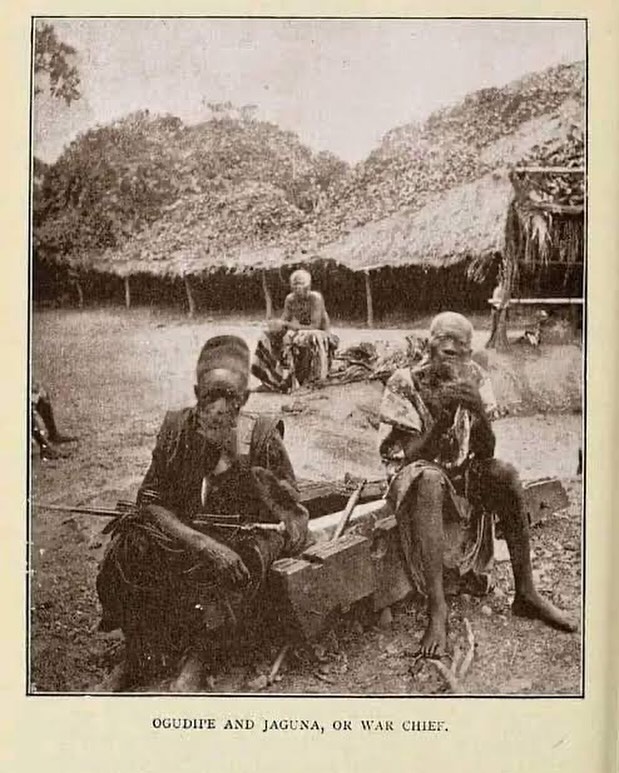Video of Major-General Yakubu Gowon, the Former Head of State of the Federal Military Government of Nigeria Inspecting a Ceased Helicopter From the Biafran Army
This video shows Major-General Yakubu Gowon, the head of state of the Federal Military Government of Nigeria, in the grounds of Dodan Barracks in Lagos on Wednesday, February 14, 1968, inspecting and then briefly flying in a five-seater Bristol Westland helicopter. Gowon was accompanied by key military officials, including the Chief of Air Staff, Lt. Colonel Shittu Alao; the Commissioner for Communication, Alhaji Aminu Kano; the Commissioner for Finance, Chief Obafemi Awolowo; and the Chief of Naval Staff, Rear Admiral Joseph Wey. In late January or early February 1968, the helicopter was taken from Biafran forces at Udi, where a helicopter base was situated. When 1st Division forces overran the area and the escaping Biafrans abandoned it, it was taken intact. The Biafrans confiscated the chopper and several more from Bristows for their air force. The Bristows staff had demanded to be moved to Nigeria because they would not fly their helicopters for the Biafrans. A South African mercenary called Ares Klootwyk flew the helicopter from Udi to Enugu on February 2nd and then from Enugu to Makurdi via Oturkpo the next day, bringing it over to the Nigerian side. Klootwyk flew it from Makurdi to Benin and then to Lagos Airport in Ikeja four days later, on February 7, 1968.


